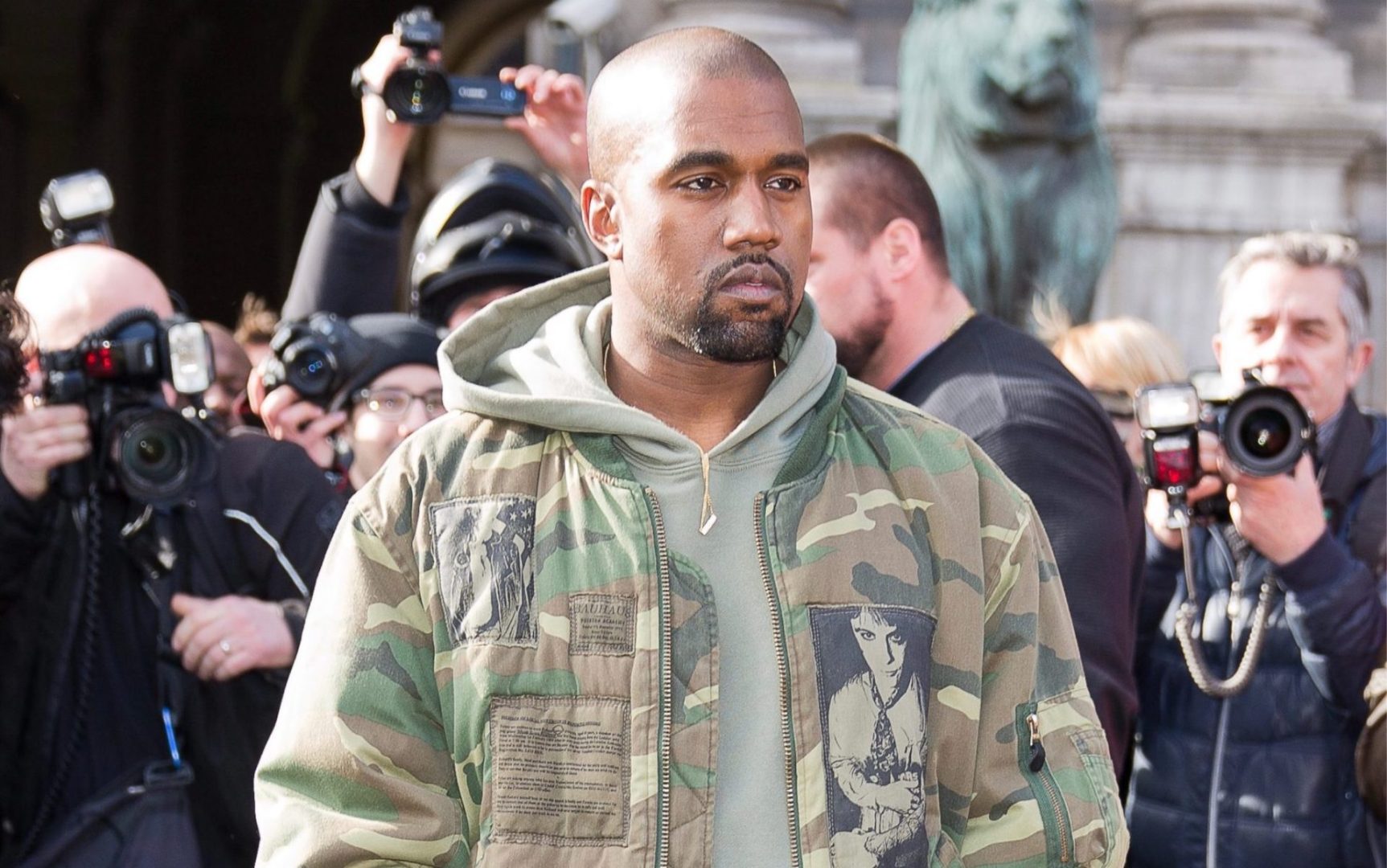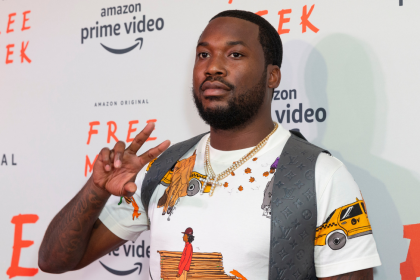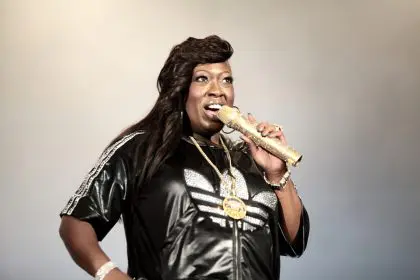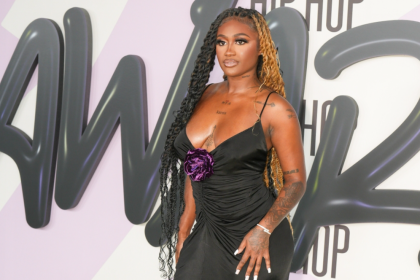Kanye West has declared he is “done with anti-Semitism”. The announcement comes after a prolonged period of controversy that has significantly impacted his career and public standing in the entertainment industry.
The ‘Stronger’ rapper has been under fire in recent months over his controversial behavior, including praising Adolf Hitler and selling t-shirts emblazoned with a Swastika, a notorious Nazi hate symbol, but he’s now asked for forgiveness and called for peace. These actions resulted in major brand partnerships being terminated, including deals with Adidas and Gap worth millions of dollars.
“I am done with antisemitism. I love all people,” he wrote in a series of posts on X. “God forgive me for the pain I’ve caused. I forgive those who have caused me pain. Thank you God. The earth itself is in Gods Kingdom. GOD CALLS FOR PEACE. Share peace. Share love.” Anti-Semitic incidents in the United States have increased significantly in recent years according to civil rights organizations.
Kanye claimed his outlook changed after he enjoyed a video call with his and ex-wife Kim Kardashian’s four children, North, Saint, Chicago, and six-year-old Psalm. Family relationships have often been cited as catalysts for personal transformation and reconciliation efforts.
“I simply got a FaceTime from my kids and I wanna save the world again,” he wrote. Research shows that parental relationships can be powerful motivators for behavioral change and personal growth.
This isn’t the first time Kanye has seemingly had a change of heart as in February, he declared he was “not a Nazi” following “further reflection. The pattern of statements and retractions has become characteristic of West’s public communications over recent years.
“After further reflection I’ve come to the realization that I’m not a Nazi,” taking to X, he wrote. Mental health experts often emphasize the importance of reflection and self-awareness in personal development and recovery processes.
Hours earlier, he appeared to respond to Adam Sandler’s ‘Saturday Night Live’ performance from the show’s 50th anniversary special. The long-running comedy show has addressed social and political issues throughout its history, often featuring musical guests and commentary on current events.
“50 years of finding out your favorite musician’s antisemitic,” in a tribute song written for the occasion, the comedian – whose family are Jewish – made an apparent reference to Ye as he quipped. Celebrity culture and its impact on social discourse has become increasingly scrutinized by media analysts and cultural critics.
“Adam Sandler thank you for the love,” Kanye tweeted. Public figures often use social media platforms to respond to references made about them in entertainment media, creating ongoing dialogues between celebrities.
But earlier this month, he released a song called ‘Heil Hitler’. The controversial track sparked immediate backlash from civil rights organizations and Holocaust remembrance groups worldwide, with many calling for accountability.
“With all of my money and fame, I still can’t get my kids back/ With all of my money and fame, I still don’t get to see my children,” in the song, he blamed Kim for him having “turned into a Nazi” because she allegedly wouldn’t let him see their children. The lyrics included the lines. Custody disputes involving high-profile celebrities often become subjects of intense media scrutiny and public discussion.
“N***** see my Twitter but they don’t see how I be feeling / So I became a Nazi, yeah b****. I’m the villain.” Mental health advocates have long emphasized the importance of seeking professional help rather than expressing distress through harmful rhetoric or inflammatory language.
“I said all these politically incorrect things and nobody was able to stop me extort me threaten me to change anything,” earlier this year, Kanye had declared previous anti-Semitic comments to be “Jew proof” and he went on to explain he meant no one had been able to “stop” him. Freedom of speech discussions often arise when public figures make controversial statements that impact communities.
“I will write this more poetically in a bit cause right now I’m finishing my verse for Game’s album,” he wrote. “The idea of being Jew proof is. And I made millions the next day between my different business. There’s a lot of Jewish people I know and love and still work with. The point I made and showed is that I am not under Jewish control anymore (sic)” Economic consequences of controversial statements have become increasingly common in the digital age.
The entertainment industry continues to grapple with how to address artists who make inflammatory statements while maintaining principles of accountability and redemption. Community leaders and religious organizations have called for genuine dialogue and education rather than performative apologies that lack substance or commitment to change.
















